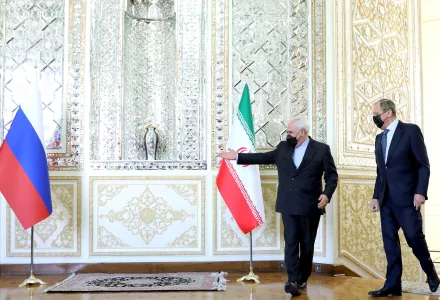
Special Section: Sino-Iranian Relations From Tentative Diplomacy to Strategic Partnership
This article examines the trilateral relations between Russia, China, and Iran through their engagement in various issues from domestic, regional, and international levels. It explores the practices and coordination between Russia, China, and Iran in the international order, the Iranian Nuclear Program, the Shanghai Cooperation Organisation, domestic regime security, and economic connectivity. The article concludes that although Russia, China, and Iran have had overlapping interests and approaches in terms of contesting the Western created and dominated international "liberal" order, strengthening domestic regime security, defending authoritarian governance, and supporting de-dollarization, all of which have brought the three sides closer, a Russia–China-Iran axis has not thus far materialized. Rather, due to the lack of regularized and institutionalized mechanisms, the tripartite relationship remains an illusory entente, which is essentially driven by the bilateral ties followed by modest trilateral coordination in ad-hoc situations.
Grajewski, Nicole. "An Illusory Entente: The Myth of a Russia-China-Iran 'Axis'." Asian Affairs, (2022).
The full text of this publication is available via Asian Affairs.




